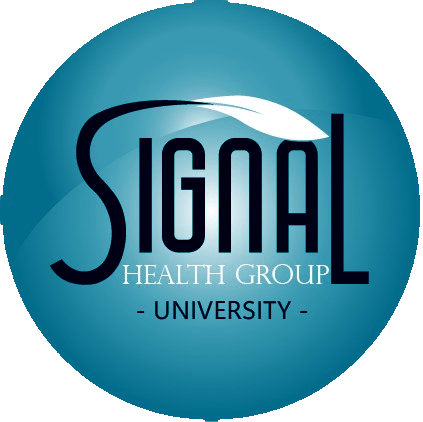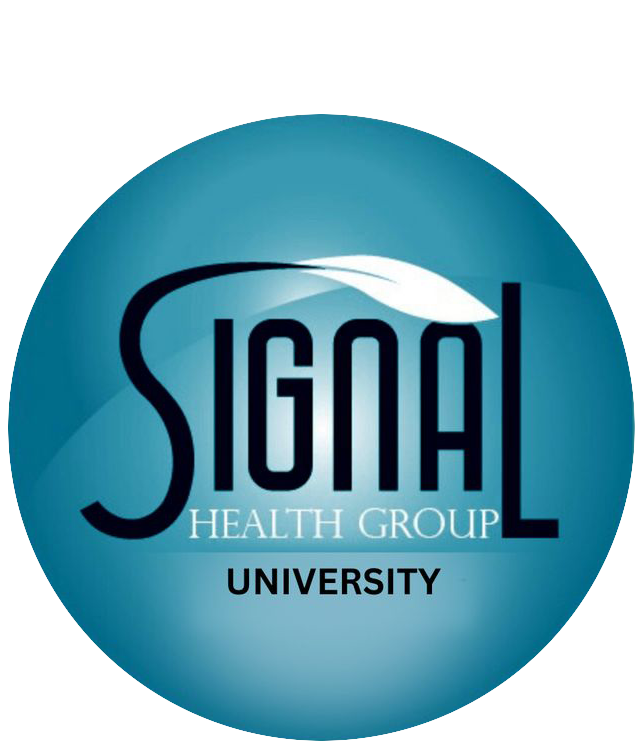Bloodborne pathogens, such as hepatitis B, hepatitis C, and HIV, pose significant risks in healthcare settings, where contact with blood and bodily fluids is common. Healthcare workers face the highest exposure risk, necessitating stringent protocols and education. Standard precautions, which treat all bodily fluids as infectious, are foundational. Proper use of personal protective equipment (PPE) is essential, alongside safe needle practices and comprehensive exposure control plans. Training, vaccination, and rigorous infection control practices help mitigate the risk. Managing bloodborne pathogens in healthcare facilities is crucial to safeguard the health and safety of both healthcare professionals and patients, ensuring a secure and infection-free environment.


